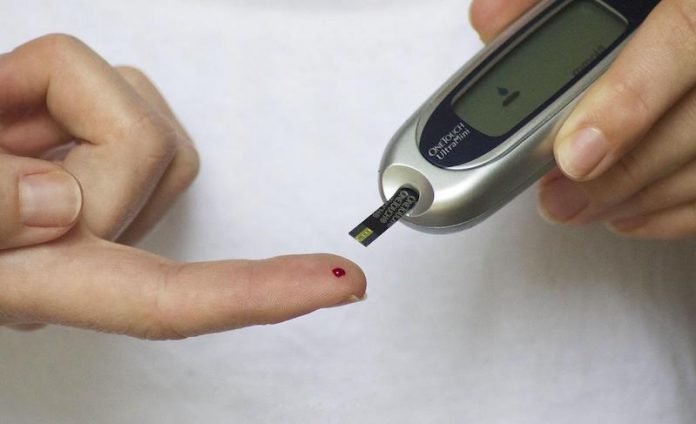
Scientists from the Carle Illinois College of Medicine found that Texas and Florida are big U.S. centers for Americans dealing with short- and long-term diabetes complications.
The findings could help direct support to people who need it the most.
The research was presented at a meeting of the Endocrine Society and was conducted by Jacques Lowe et al.
Common diabetes health complications include heart disease, chronic kidney disease, nerve damage, and problems with feet, vision and oral health.
In the study, the team used information from Medicare and other public databases on diabetes complications in more than 3,000 U.S. counties.
The researchers put the data into geospatial analysis software, which revealed high long-term diabetes complication rates in counties in Florida and Texas.
In contrast, counties in the West and Great Plains had low rates of long-term diabetes complications.
The team found that short-term complication rates were highest in Florida and Texas, as well as in some areas of the West Coast.
They also found that hot spots had higher percentages of Hispanic diabetes patients and Black patients and were more common densely populated areas
The analysis enabled the team to create a map of the United States that showcased hot spots of different diabetes complications and any demographic information associated with these areas.
The results suggest that certain regions and groups of Americans are at increased risk for diabetes complications.
The team hopes that by using these findings as a guide we can better concentrate our support to mitigate the complications of diabetes in these populations.
If you care about diabetes, please read studies about how to cure type 2 diabetes successfully, and people with diabetes need to prevent low blood sugar.
For more information about diabetes, please see recent studies about the key to reducing cancer risk in diabetes, and results showing daily vitamin D may protect you from type 2 diabetes.
Copyright © 2022 Knowridge Science Report. All rights reserved.




